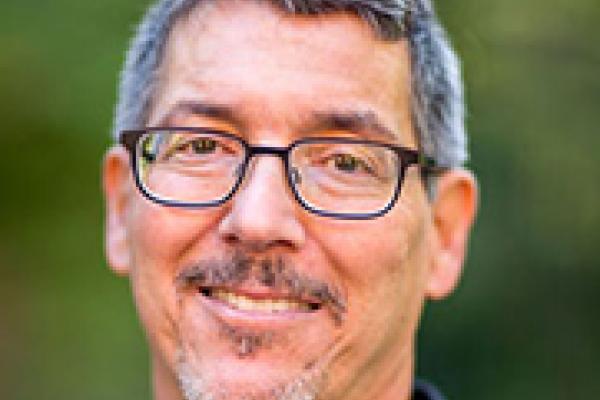
Whole-Cell Science of Lithium Ion Batteries
Press reports on battery materials science often read something akin to, “New discovery will revolutionize batteries”. Instead, lithium ion batteries have steadily improved in price-performance about 14% annually, largely due to engineering advances. Real batteries are engineered as whole-cells, where two active electrodes chemically interact, whereas the dominant research paradigm for battery materials science is half-cell electrochemistry, where electrodes are studied separately. Our effort to bridge the gap between half-cell science and whole-cell engineering is called “whole-cell science”, and involves several laboratories. The main focus of the talk is on the development of nonlinear electrochemical impedance spectroscopy (NL-EIS) applied to whole cells. NL-EIS is a method for perturbing a battery with an oscillating current that drives a weakly nonlinear voltage output with signal at the fundamental and second harmonic frequency of the input current. Theory for second harmonic NL-EIS, much like optical second harmonic generation, shows that the signal is intrinsically sensitive to system symmetry. For example, we show NL-EIS experiments on commercial whole-cells sensitively probe charge transfer symmetry whereas the linear EIS response is sensitive to charge transfer rates. NL-EIS shows that fresh cells have high symmetry charge transfer (α_a=α_c=0.5) on both electrodes, whereas early in the cycling, when degradation is negligble (<1% capacity loss), there is a shift toward kinetics that favor oxidation on the positive electrode (α_(a,pos)>0.5,α_(c,pos)<0.5). NL-EIS is a powerful new tool for understanding fundamental physicochemical processes in the paradigm we call “whole-cell science”.
Brief Bio of Daniel T. Schwartz
Dan Schwartz is Boeing-Sutter Professor of Chemical Engineering and Founding Director of the Clean Energy Institute at the University of Washington. Dan received his Ph.D. in Chemical Engineering from the University of California, Davis in 1989, then did a postdoc at Lawrence Berkeley National Laboratory, prior to joining UW in 1991. He has served as Associate Dean for Research in Engineering (2005-2008), and Chair of the Chemical Engineering Department (2009-2013).
Dan’s graduate student mentoring has been recognized by the University of Washington (Landolt Distinguished Mentoring Award, 2015) and the White House (Presidential Award for Excellence in Science, Math, and Engineering Mentoring, 2016). He has maintained a career-long professional affiliation with the Electrochemical Society, and has been recognized with the Colin Garfield Fink Fellowship (1986), the Linford Award (2010), Fellow Status (2012) and the Electrodeposition Division Research Award (2015). Dan is an elected member of the Washington State Academy of Sciences, and served on the State Energy Strategy Technical Advisors group under Governor Gregoire.
